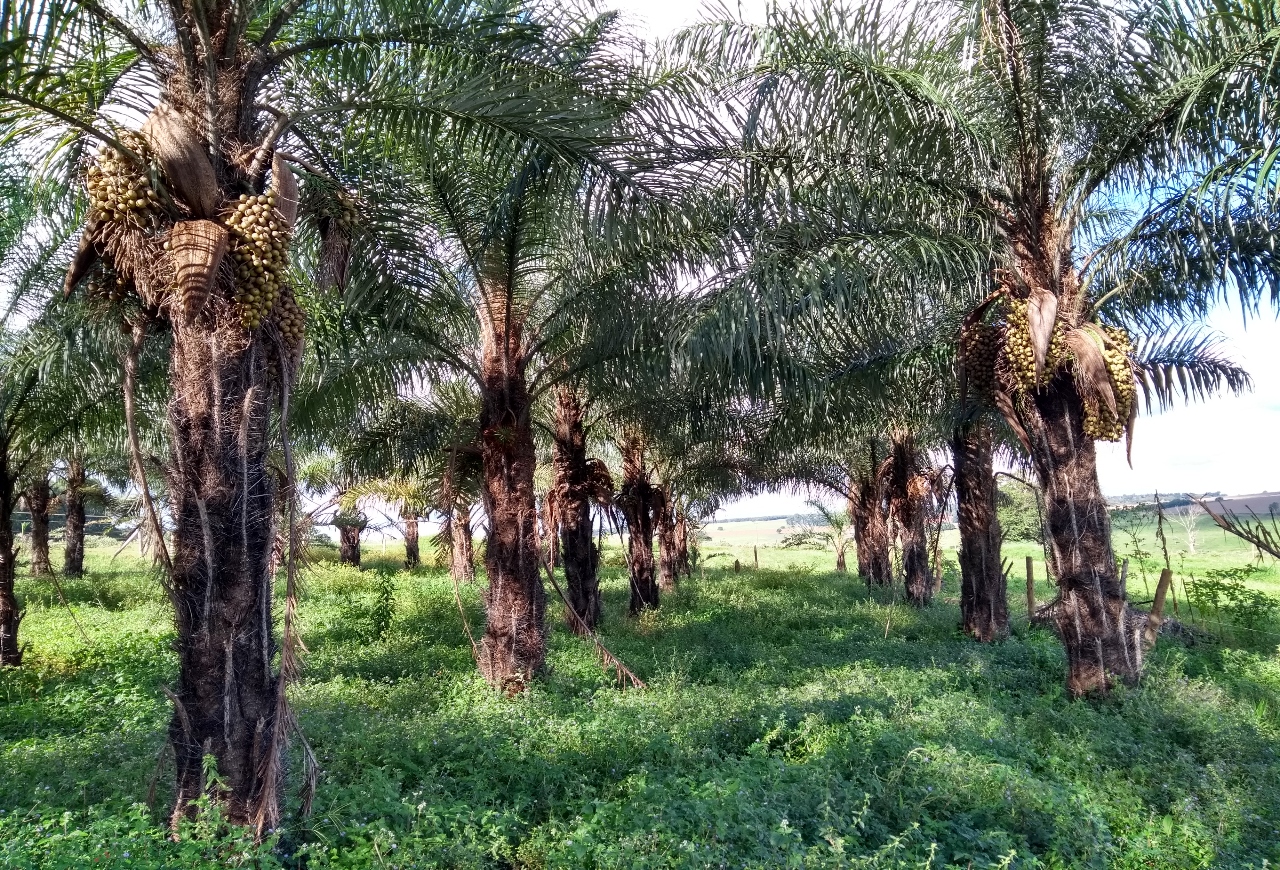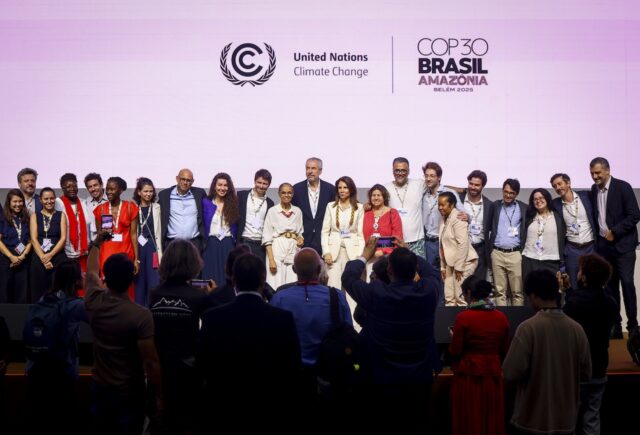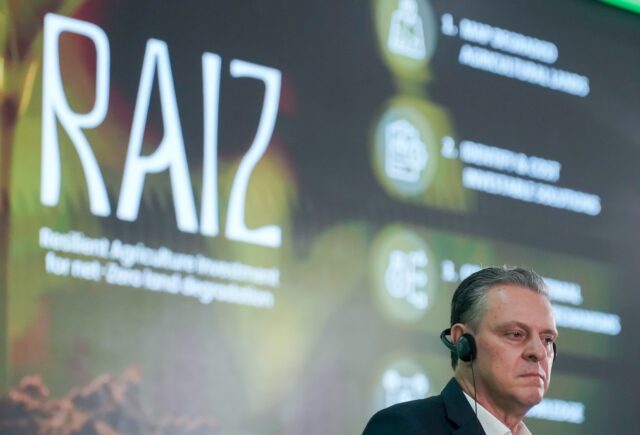Campo Capital and Impact Earth will use the investment into their funds to expand their pipeline of forest landscape restoration projects across Latin America.

Restoration Seed Capital Facility (RSCF), the grant-making institution for the restoration of forest landscapes, has announced grant support for two impact funds managed by Columbia-based Campo Capital and UK and Brazil-based Impact Earth.
RSCF, which was profiled in Impact Investor earlier this year, was set up in 2020 by the United Nations Environment Programme (UNEP) and the Frankfurt School of Finance and Management, with the support of the German and Luxembourg governments. Its aim is to unlock private finance for forest landscape restoration (FLR) in developing countries by backing impact funds in the space.
Campo Capital is the first partner to qualify for new fund development assistance under the Facility’s support line 1. The assistance will help the firm accelerate its efforts in establishing the Campo Capital Impact Fund, a new restoration-focused fund, which will allow the company to expand its operations in Latin America.
Impact Earth will receive a combination of reimbursable and non-reimbursable pipeline and project development grants under the Facility’s support lines 2 and 3 to expand the pipeline of investments in its Amazon Biodiversity Fund (ABF).
“Providing reimbursable grant support for fund managers stimulates more private fund managers and investment advisors to set up new funds that focus on forest and landscape restoration,” said Ivo Mulder, head of the UNEP’s Climate Finance Unit.
He pointed out that investment in nature-based solutions must double by 2025 and triple by 2030 to meet global climate change, biodiversity and land restoration targets, based on UNEP’s 2022 State of Finance for Nature Report.
“Supporting new restoration-focused funds to develop and reach a first finance close is critical for unlocking private finance for landscape restoration,” he added.
Carbon Sequestration
Campo Capital, which launched in 2010 as an investment manager and project developer in the forestry, agricultural, alternative energy and rural development sectors in Latin America, said that the new 10-year Campo Capital Impact Fund would allow it to scale up its operations across both agroforesty and forest conservation activities.
The fund has received seed investments from both RSCF and Canadian non-profit impact investor SVX, and has a fundraising target of $70m (€66m).
The fund will invest over a five-year investment period into six agroforestry and ecosystem conservation projects, and in companies focused in native forestry plantations in Latin America. It’s aim is to sequester more than 10 million tons of CO2 equivalent, whilst also producing 1.5 million tonnes of timber and more than 150,000 tonnes of sustainable agricultural products. The company said it would also target investments through the fund that aimed to protect and conserve the ecosystems it operated in, as well as those that provided employment opportunities for local communities.
Explaining the investment period for its FLR projects, Diego Lozano, founder and director of Campo Capital, said: “Most of the projects are scalable and can be planted in just one year. The idea is to invest in greenfield or expansion projects, so the investment period is the term over which the project can reach the scale needed to start agroforestry production.”
Lozano said the fund was currently looking at Yakumama, a project located in the Amazon region of Colombia and named after the legendary Amazonian serpent said to be the mother of all creatures of the water. The project aims to restore local ecosystems by planting a combination of native Amazon species with cacao and asai palm.
Julio Andrés Rozo Grisales, restoration director at Amazonía Emprende -Seed Bank, and one of the project’s promoters said: “It is our commitment to restore soils degraded by deforestation, based on the union of three forces: communities, science and the diversity of native species. Yakumama will protect one of the most strategic ecosystems of the Colombian Amazon, its piedmont, the place where water is born, the place where Yakumama lives.”
Biodiversity-positive investment
Impact Earth’s Amazon Biodiversity Fund (ABF), which has a fundraising target of $50m (€47m) which the company hopes to reach by the end of this month, will use RSCF’s support to develop an investment pipeline of businesses and projects across the Legal Amazon, the region of Brazil containing all nine states in the Amazon basin. Impact Earth said the RSCF’s support would allow the fund to channel more funding to biodiversity-positive initiatives that promoted new approaches to conserving biodiversity, addressing deforestation and climate risks and creating positive socio-economic and well-being outcomes for local communities in the Legal Amazon.
Speaking to Impact Investor, Nick Oakes, co-founder of Impact Earth, said: “Businesses or projects in the Amazon may need extra support in developing business plans, impact strategies, feasibility studies or other development, prior to being considered as investment ready. This can result in a longer time to execution and higher perceived risk for investors looking at the Amazon. With the support of RSCF, we can fast-track these activities, helping high impact projects and businesses reach investment readiness sooner.”
The fund, whose investors include the International Center for Tropical Agriculture (CIAT), ASN Impact Investors and a fund managed by impact investors Mirova, has already made five investments, including into Manioca, a producer of Amazonian food products, Horta da Tierra, a cultivator and supplier of non-conventional Amazonian food plants, Inocas Amazônia, a company regenerating degraded pastures in partnership with family farmers by planting the Macaúba palm for vegetable oil production, Amazonia Agroflorestal, a coffee agroforestry company, and ReforesTerra ARR, a project to restore degraded pasturelands, focussing primarily on reforestation of riparian areas.
The fund aims to make 12 to 15 investments in total targeting early-stage scalable projects and companies with a transformational and positive impact across four investment pillars. These include conservation, reforestation and community livelihoods, smallholder value chains, sustainable farming and innovation in technology, and access to finance and services.






